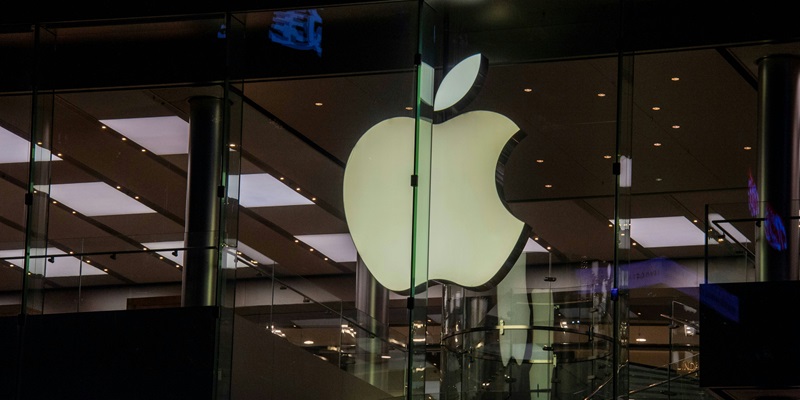Apple is grappling with significant AI regulatory challenges in China, highlighting the complexities foreign tech companies face in entering the market. The initial lackluster response to Apple’s iPhone 16 among Chinese consumers, especially when compared to Huawei’s AI-integrated devices, underscores the stringent regulatory environment that favors local AI providers. Chinese authorities, such as the Cyberspace Administration of China, require foreign firms to gain approval for their AI technologies, often pressuring tech giants like Apple to collaborate with domestic companies.
Despite Apple CEO Tim Cook’s efforts to engage with prominent Chinese tech firms like Baidu and ByteDance, substantial regulatory hurdles remain. This push for prioritizing local AI solutions aligns with China’s broader policy of bolstering domestic technology providers over foreign competitors. Apple’s current AI approach, which includes on-device processing and the use of cloud services powered by OpenAI’s ChatGPT, faces intense scrutiny from Chinese regulators. This scrutiny appears to be part of a deliberate strategy to promote local AI advancements and limit the influence of foreign technologies.
China is a critical market for Apple, contributing 17% of the company’s revenue. However, the tech giant has experienced an 8% decline in regional sales amid rising competition from domestic manufacturers like Huawei. Analyst Samik Chatterjee from J.P. Morgan suggests that without adept partnerships in China, Apple’s AI advancements might be significantly delayed, potentially until 2025. The rapid progress of local manufacturers, coupled with the necessity of regulatory approvals, further intensifies the pressure on Apple to adapt its strategy to the Chinese market’s specific requirements.
In summary, Apple’s efforts to expand its AI technology in China are hindered by regulatory demands that favor local AI providers. This necessitates strategic partnerships and stringent compliance efforts to maintain a competitive edge in this crucial market. As Apple navigated these challenges, it became apparent that the company’s success would depend largely on its ability to forge effective collaborations and adhere to the stringent regulatory landscape shaped by the Chinese government.

